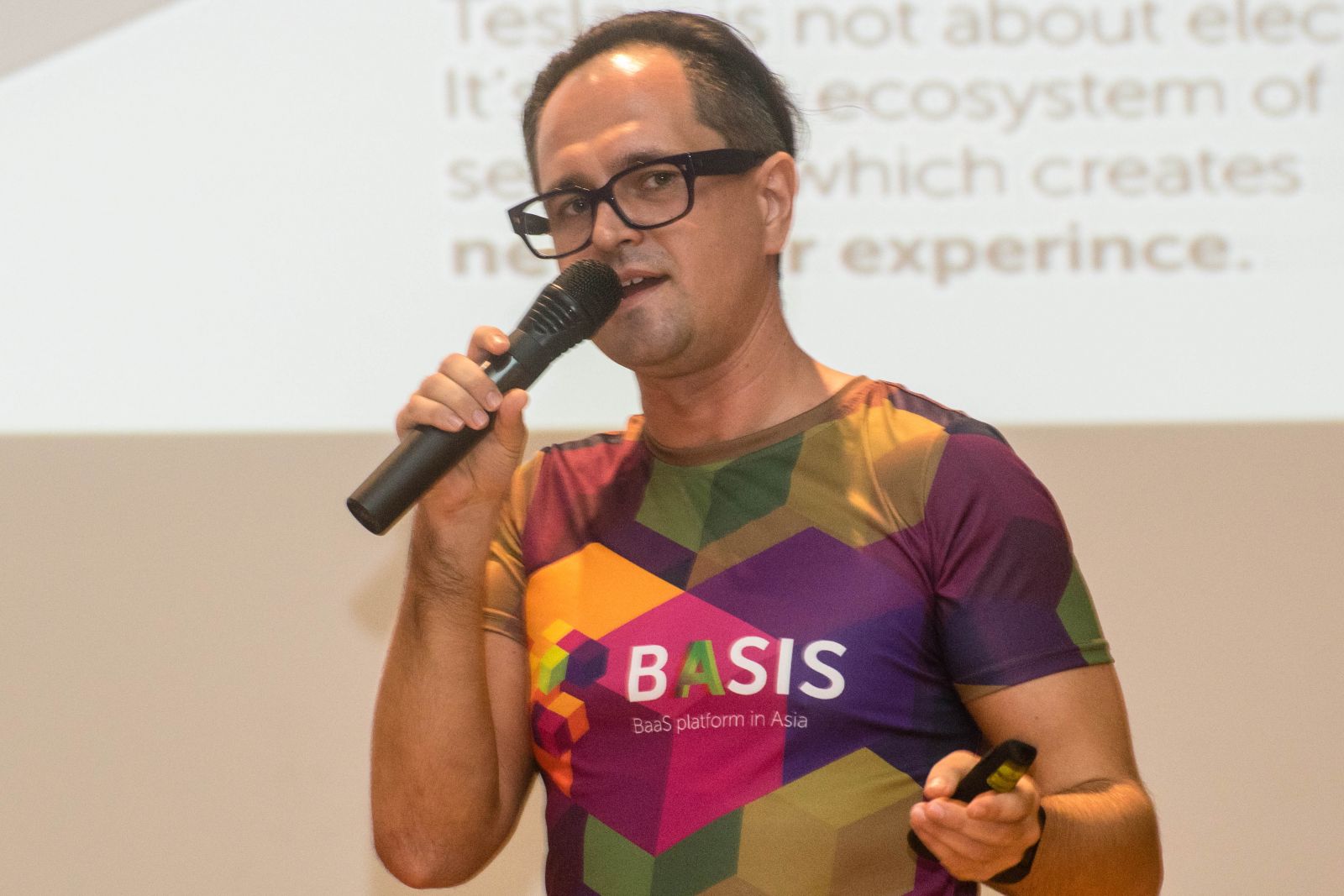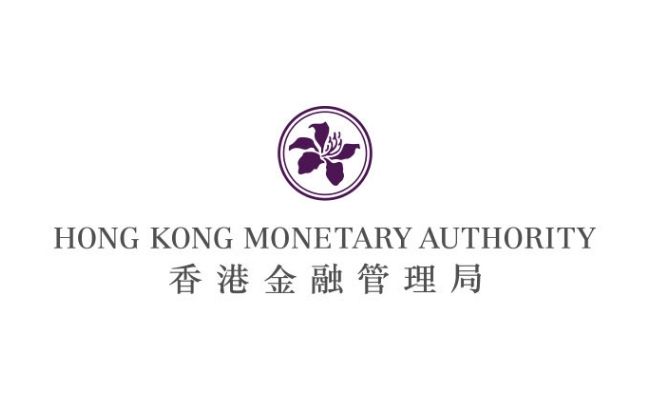
BaaS is becoming the sexiest vertical in fintech
By Vladislav Solodkiy, managing partner at LifeSREDA VC, for LTP
BaaS (bank-as-a-service) is the new black.
One week ago former Barclays CEO Antony Jenkins has launched a new startup that aims to modernise the back office technology used by banks. 10x Future Technologies is working on a cloud-based core banking system — the technology that allows banks to hold deposits and accounts. Essentially, it’s the heart of banking. Antony Jenkins, who founded the company and serves as CEO, says in the statement: “Our core digital banking platform, based on advanced data modelling and database design, will allow financial services providers to develop a much deeper understanding of their clients, cut costs and deal with regulation.”
Recently Starling Bank and Mondo, the latest two challenger banks to win their UK banking licenses, have placed open APIs at the forefront of their strategies to maximize their competitive advantage over their incumbent rivals.
Application programming interfaces (APIs) are the pieces of software that allow two separate IT systems to communicate and interact with each other. Open APIs will allow both Starling Bank and Mondo to crowdsource the development of new products and services far more quickly and cheaply than they could manage on their own. This is a vital consideration for new entrants that have limited resources of their own and need to deploy a full service proposition.
Suresh Ramamurthi, an ex-Google engineer, and his wife Suchitra Padmanabhan, a former Wall Street banker, used their own savings to purchase the 124-year-old CBW Bank in Kansas. It was 2008, the height of the financial crisis, and CBW — then called Citizens Bank of Weir — was under orders from the Federal Deposit Insurance Corp. (FDIC) to cease operations due to inadequate capital reserves, ballooning levels of bad loans, and internal fraud. Over the last few years, the bank has become a secret weapon for other fintech companies (like Moven) as BaaS-platform, which rely on both its technology and status as a state-chartered bank to build their own businesses. Fintech companies are somewhat unusual in that they offer new consumer products in a heavily regulated space. Rather than applying for a charter themselves, these startups often find it much easier to work with a bank through open APIs that has passed regulatory muster and can already take insured customer deposits or loans. Fintech companies need to focus on what makes the payments work, and by working with a bank, it gets them to market faster and lets them focus on what makes them different.
Right now in Asia-Pacific region BAASIS, a software platform with an API layer connecting banks and startups, helps to unify and transfer information from banks to fintech in a standardized manner, functioning of middleware and consists of a standardized suite of APIs that enables an effective flow of information. Fintech ventures and their systems do not need to communicate directly with the core banking. BAASIS is a pan-Asian platform, meaning that it will connect banks from different countries and allow fintech startups to easily scale from one market to another. This project will not only “help” by different marketing and coaching activities as most of accelerators do, but be responsible for technical launch of any fintechs (for seed-stage), as well as foreign fintechs to come to the region, and to help Asian fintechs to go abroad (scale).
If you are you planning to be in Singapore on 14th of November – you can join a great event regarding demand and opportunities for BaaS with Chris Skinner and other fintech-stars.
First appeared at LTP





